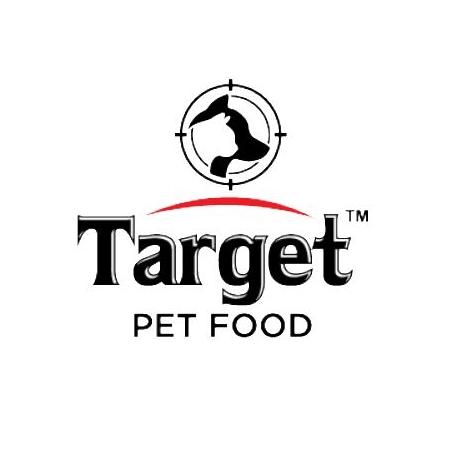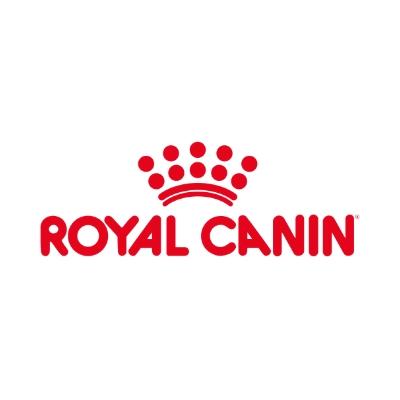Dog Bartonellosis
Introduction
Bartonellosis is an emerging infectious, intracellular bacterial disease of domestic and wild mammals, including people. The infectious organisms are highly adapted to their preferred reservoir hosts.
Causes & Prevention
Causes of Bartonellosis
Bartonellosis is caused by bacteria of the genus Bartonella. Domestic dogs reportedly can become infected by up to 5 currently recognized Bartonella species: B. vinsonii subspecies berkhoffi, B. henselae, B. clarridgeiae, B. elizabethae and B. washoensis. The primary vectors of the bacteria that infect dogs are fleas and several species of ticks, including Rhipicephalus sanguineus, Dermacentor species and Ixodes species. "Vectors" are carriers that transfer infectious agents from one host to another. In the United States, coyotes are thought to be one of the main reservoir hosts for several of the tick vectors. The infectious microorganisms invade and multiply within a dog's red blood cells (RBCs), causing damage to and eventual destruction of those cells and release of their contents into the dog's blood stream.
Prevention of Bartonellosis
The most widely recognized way to prevent bartonellosis is to practice routine and consistent use of topical anti-parasitic preparations – particularly those that target fleas and ticks.
Special Notes
Ultimately, the nature and extent of clinical disease due to bartonellosis depends largely upon the health of the affected dog's immune system and the strength of its response to the infection. Bartonella organisms are responsible for a wide variety of clinical diseases in people, the most common of which is called "Cat Scratch Fever."
Symptoms & Signs
Introduction
Dogs of any age or gender can become infected by Bartonella species of bacterial microorganisms.
Symptoms of Bartonellosis
Dogs infected with one of the Bartonella bacterial subspecies may develop one or more of the following symptoms:
Weakness
Lethargy
Depression
Lack of appetite (inappetance; anorexia)
Weight loss
Lameness
Nasal discharge
Nose bleeds (epistaxis)
Vomiting
Diarrhea
Cough
Fever (often transient/fluctuating)
Enlarged spleen (splenomegaly)
Enlarged lymph nodes (lymphadenomegaly; lymphadenopathy; lymphadenitis)
Enlarged liver (hepatomegaly)
Hepatitis (liver disease)
Heart murmurs
Heart arrhythmias (irregular heart beat rhythms)
Inflammation of the lining of the heart cavities (endocarditis)
Inflammation of the lining of the nasal cavities (rhinitis)
Inflammation of the brain (encephalitis)
Inflammation of the spinal cord (myelitis)
Inflammation of the membranes covering the brain and spinal cord (meningitis)
Seizures
Collapse
Sudden death
Many dogs infected with Bartonella show few or even no clinical signs.
Dogs at Increased Risk
Herding and hunting breeds reportedly have an increased risk of developing bartonellosis. Small and toy breeds have a reduced chance of developing clinical disease from this infection. These correlations are thought to be related more to environmental factors than to true breed predispositions. Dogs with weakened immune systems have an increased chance of infection. The risk of infection increases with exposure to ticks, lice, fleas and other potential carriers (vectors) of the infectious microorganisms. As a result, dogs that live in rural environments and that are free-roaming or spend significant amounts of time outdoors have a greater chance of developing bartonellosis than do indoor-dwelling dogs living exclusively in urban environments.
Diagnosis & Tests
Introduction
Because so many clinically healthy dogs test positive for Bartonella, it can be quite difficult to diagnose disease caused by these microorganisms.
How Bartonellosis is Diagnosed
Dogs suffering from bartonellosis may have abnormally low levels of circulating red blood cells (RBCs) and platelets (referred to as "anemia" and "thrombocytopenia"). They also may have abnormally high levels of various white blood cells in their blood streams (referred to as "leukocytosis"). Routine blood work may reflect elevated liver enzymes and low levels of circulating albumin. Urinalysis of infected dogs tends to be inconsistent or unremarkable.
Advanced testing may include immunofluorescence assays (IFAs), which are performed on blood samples and can confirm a dog's exposure to Bartonella. Polymerase chain reaction tests (PCRs) are available at limited specialized veterinary laboratories to diagnose bartonellosis based on blood or tissue samples, although false negatives may be seen if there are low numbers of the bacteria in circulation. One benefit of PCR is that it can distinguish between the different species of Bartonella, which IFA cannot. Blood or tissue cultures can be used in an attempt to grow the organisms in the laboratory; this process can take several weeks. A specialized liquid media preparation which may accelerate the culture and growth of Bartonella in the laboratory is under development, but is not yet widely available for commercial diagnostic use.
Special Notes
The zoonotic potential of Bartonella infection in dogs is unclear. In other words, it is uncertain whether a dog infected with Bartonella can transmit the infection to people. However, authorities suggest that zoonosis is possible. As a result, people with compromised or weakened immune systems should be especially careful around companion animals – particularly when introducing a new pet into their home.
Treatment Options
Introduction
There is no current consensus among veterinary professionals regarding the best or most appropriate treatment protocol for dogs that are diagnosed with bartonellosis and are showing clinical signs of disease. The goals of treatment are to resolve any observable symptoms, relieve discomfort associated with the infection and, hopefully, eliminate the infective organisms from the dog's system.
Treatment Options
Dogs that test positive for Bartonella - and that have compatible symptoms of clinical illness for which other possible causes have been ruled out - may be treated with antibiotics. Antibiotic therapy must continue for quite a prolonged period of time, usually 4 to 6 weeks at a minimum. The attending veterinarian will select an antibiotic or combination of antibiotics with the ability to reach high concentrations inside cells. Even with appropriate antibiotic therapy, owners should recognize that their dogs may have recurring or persistent infections. In some cases, the signs of illness resolve spontaneously over the course of weeks to months, without any treatment.
Prognosis
The prognosis for dogs with bartonellosis varies tremendously, depending upon whether and to what extent the dog shows signs of clinical illness caused by the infection.
















































